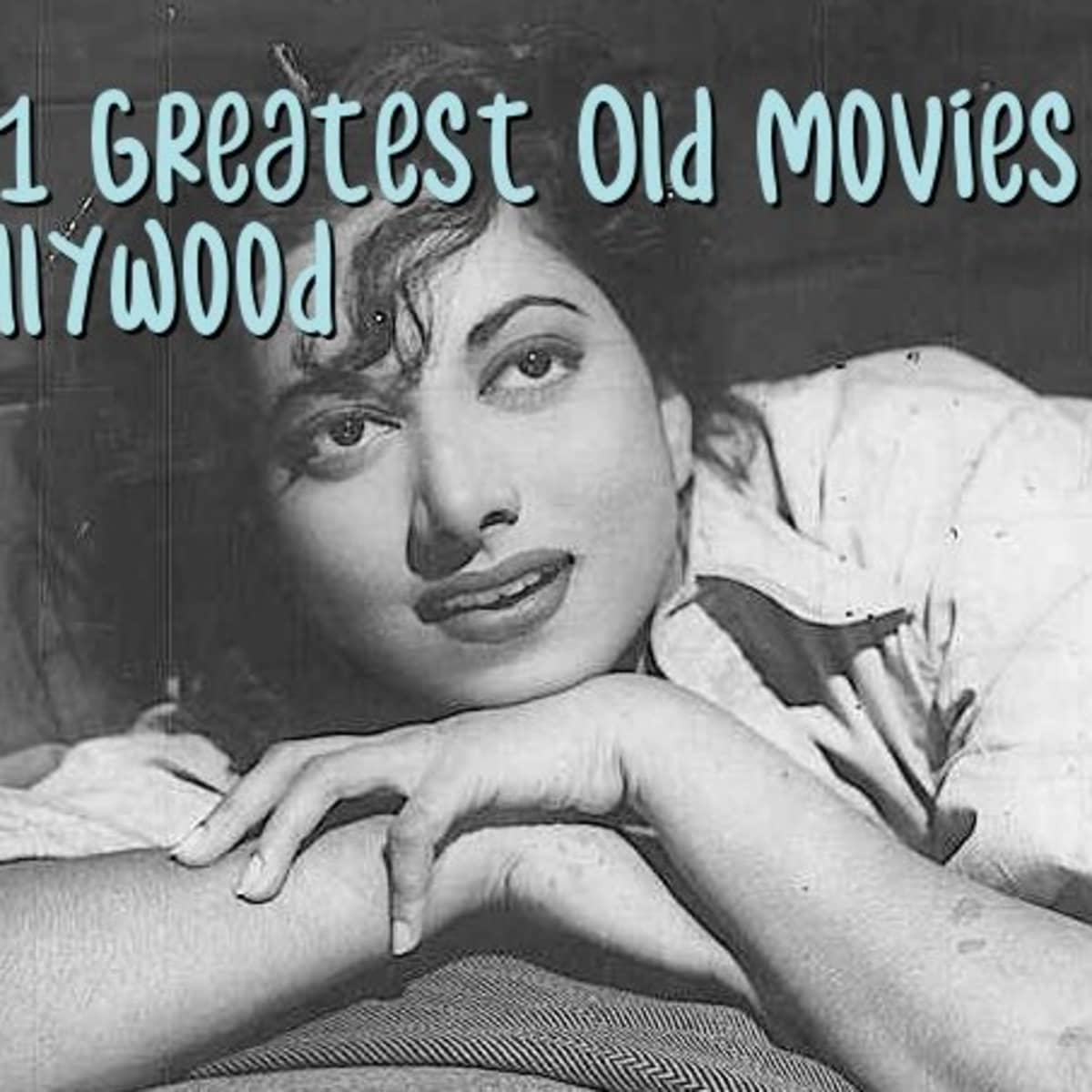

Once one has been been described a certain way in the press, there is a temptation to continue writing that way despite one’s better instincts. And here is where we get to the “our side” problem. But I am not going to write a press-release for myself. I can tell you what all of my influences are, and will do that with great pleasure. It’s an active life, it’s not these terrible sentences and hyphenations.Īnother source of vexation is the counter-argument I see sometimes which is that musicians should be able to describe their music. Even that sentence seems strange I don’t think I would have coffee with somebody who self-described like that on the internet, and that’s the point: we are how we do. I suppose part of this comes from a background of (admittedly East Coast American) hybridity: I’m a half-jewish homosexual who grew up in Providence with roots in Vermont. What people call it has, obviously, changed with the ages, but the idea that anybody gets to define what I’m up to, for some reason, seems even more grotesque than misunderstanding it. It’s gotten better, and it’s taken strange turns, but the thing is the same.

I’ve been writing basically the same music since I’m 14. Part of my objection to terminology is personal. On “our” side, it can become, for composers, both a social and musical crutch, where one ends up writing to one’s press-generated biography, rather than from a musical core. There are, I think, two global problems with genre obsession: one on “their” side and one on “ours.” On “their” side (and by they, I mean people who write about music either professionally or casually), it’s a shorthand for actually talking about how the notes and the rhythms work. I’m gonna address all those things specifically but let’s go through this carefully. The other day, Maura Lafferty, who is a new music marketing person, tweeted a link to this article. Reviewers and previewers get an enormous pass if they can describe a composer’s work as being part of some sort of Genre: post-minimalist, new complexity, Darmstadt School, chamber pop, whatever, or this new hellery, Indie-Classical. I realize that this comes from, in part, the printed (or formal?) press as well as the blogosphere. We like one another’s music, and we like one another’s processes as collaborators, and that is so much more important than trying to think of a name that could possibly encompass, like, that genius thing Ben Frost and Daníel Bjarnason made together and Puzzle Muteson’s album. Bedroom Community is a great example of how this can work well - there isn’t a Bedroom Community sound, there isn’t a manifesto of stylistic concerns. It attracts haters and lumps people together in a way that belies how actual communities of musicians function. Nothing is gained by that description, even if it makes the PR people’s jobs easier.

I did a show in London that I thought was pretty great, and then online it was all indie-classical this and indie-classical that and I was like, do you know? Forget that. One thing that hasn’t been expurgated from my feed is a relentless and sort of obsessive focus on genre that people constantly throw around. The press thing is tricky, because sometimes a press outlet’s social media staff will me in a link to a review, so I become kind of aware of things in the periphery, but for the most part, I’ve been pretty successful in avoiding both preview and review press, and during the operas, the opera blog-o-sphere. I removed the google alert I had on myself, and I had never taken out any others, so I can safely avoid anybody with my name in their mouth coming out of random air, as well as my friends’ names. I sort of prefer it this way, and sometimes I get far behind, so I like to check back in on things that are not technically “new” but which I might have missed over the course of travels or inattention. I follow them in a slightly old-fashioned way: they’re all tabbed, rather that RSSed, so I have to manually see if anybody has updated. I follow a few hundred people on twitter, and I actively follow a few dozen blogs about music, linguistics, computers, art. I try really hard to stay actively involved with my friends on Facebook - and by friends, I mean people I know outside the context of that social network.

My online life is wide-ranging but a little bit curated. Maura Lafferty graciously agreed to sort of have an organized discussion between our two blogs, so I would encourage you to read her post before you read mine. This blog post is a result of many months of casual thought and casual conversations, boiled down into a perhaps more casual than usual blog post.


 0 kommentar(er)
0 kommentar(er)
